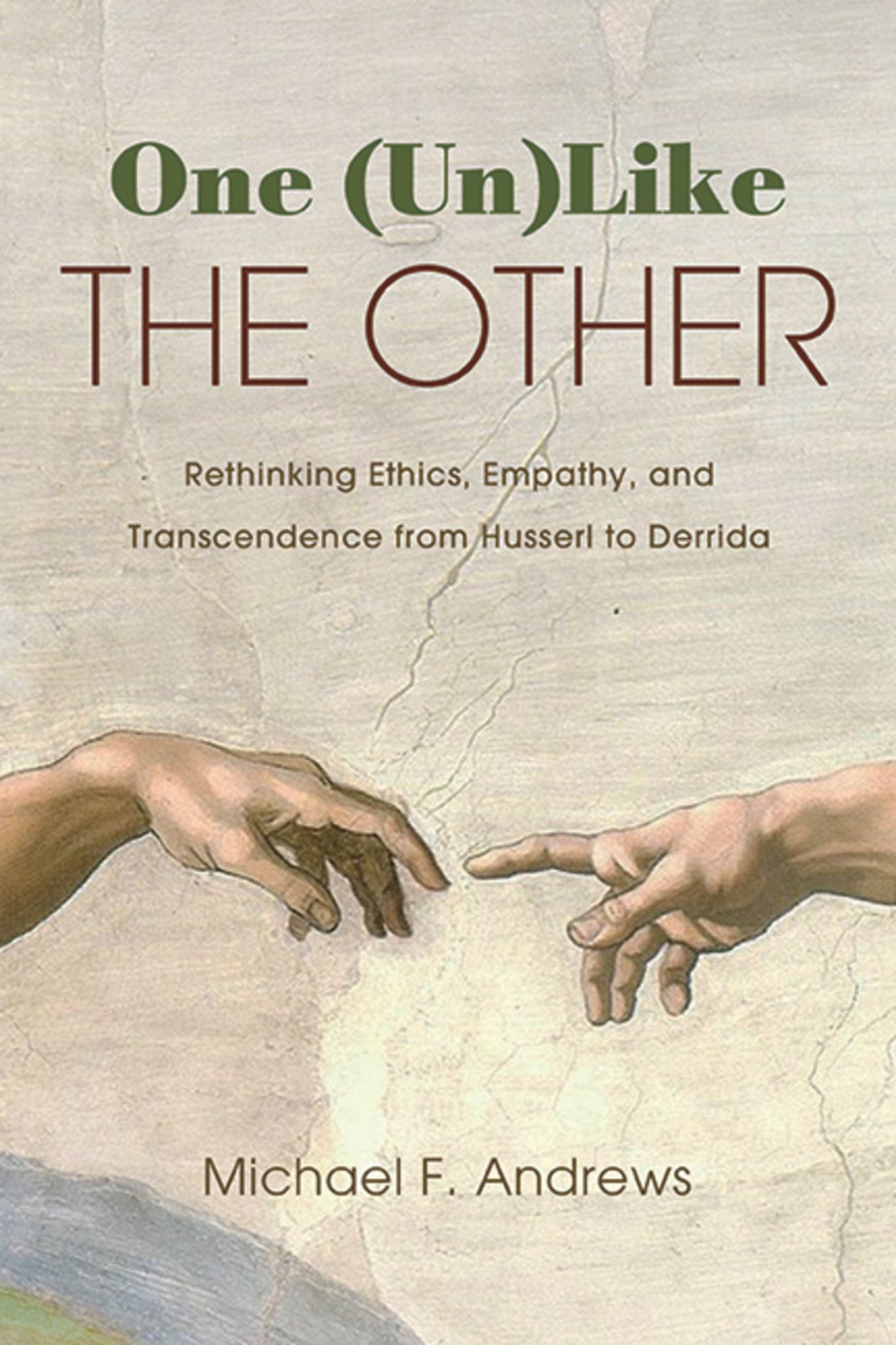We're sorry. An error has occurred
Please cancel or retry.
One (Un)Like the Other

Some error occured while loading the Quick View. Please close the Quick View and try reloading the page.
Couldn't load pickup availability
- Format:
-
01 September 2024

Aims to rethink ethics and transcendence in light of the phenomenology of empathy and social ontology.
One (Un)Like the Other responds to the question, "What are the conditions of possibility that make genuine knowledge of other persons-and, therefore, love-possible?" By providing an original interpretive framework for exploring ethics in relation to empathy and transcendence from multiple perspectives in continental philosophy, empathy is described as a trace of what remains essentially and irreducibly "other" in every act of givenness. The use of the phenomenological method places "Einfühlung theory" in its rich historical context, beginning with Husserl and the early phenomenologists and extending to contemporary issues that explore "otherness" in light of consciousness, gender, embodiment, community, intentionality, emotions, intersubjectivity, values, language, and apophatic discourse. The implications of recasting "empathy" in an interpretive and dialogical model of reciprocity envision new paradigms of understanding ethics as an infinite playing field. No longer subservient to metaphysics and ontology, empathy is described as an act of infinite concern, a "hermeneutics of suspicion" that transcends epistemological theory and ethical command. Drawing on Husserl, Scheler, Stein, Heidegger, Levinas, Derrida, and others, this study presents an examination and expansion of empathy as an encounter with otherness in its most radical and transcendent forms.


"One (Un)Like the Other is both rigorous and creative, offering a new systematic way of understanding the stakes of empathy. It will be an asset to anyone interested in philosophy, particularly Continental philosophy and ethics, psychology, and the role of empathy within both intersubjective experience and interpersonal connections." — CHOICE
"This is an excellent, informative, persuasive, and systematic discussion of various European Continental approaches to empathy, understood as the apprehension of the transcendence of the other. The book breaks new ground especially by discussing Derrida and Heidegger in relation to the Husserlian tradition from which Stein emerges. The book is both systematic and historical, following the development of Husserl's views on empathy, through Scheler and Stein, to the critiques of Levinas and Derrida. Andrews shows great command of his material and writes clearly and persuasively about very complex matters." — Dermot Moran, Boston College
List of Abbreviations
Acknowledgments
Introduction
Part One: Empathy and the Theory of Transcendental Constitution
Introduction
1. Husserl's Transcendental Turn: Empathy and the Task of the Phenomenological Reduction
2. The Fifth Cartesian Meditation
3. The Significance of Empathy as Developed in Ideas II, with Reference to Husserl's Later Works on Intersubjectivity
Part Two: Empathy as Reciprocity
Introduction
4. Max Scheler and the Phenomenology of Human Community
5. Edith Stein and the Problem of Empathy
6. Embodiment, Temporality, and Emotions in Acts of Empathy
Part Three: A Reversal of the Law of Empathy
Introduction
7. Martin Heidegger's Critique of Empathy
8. Emmanuel Levinas and the Face of the Other
9. Jacques Derrida and the Possibility of an Empathic Antipathy
Part Four: Ethics, Empathy, and Transcendence
Introduction
10. Gender and Reciprocity
11. Empathy and an Ethics of (In)Finite Respect
Notes
Selected Bibliography
Index



